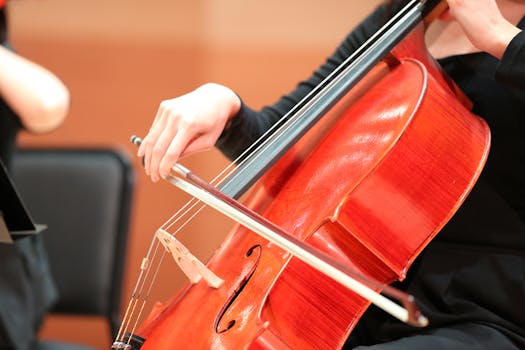A Comprehensive Study of Gambling Superstitions Globally
Gambling superstitions are a fascinating blend of culture, psychology, and the human desire to influence luck. Across the globe, gamblers adhere to various beliefs and practices that they hope will give them an edge over chance. This article delves into the world of gambling superstitions, examining their origins, variations, and the impact they have on gambling behavior.
Understanding Gambling Superstitions
Gambling superstitions are rituals or beliefs that players believe can influence their luck. These can range from lucky charms and specific rituals to complex behavioral patterns. The psychological basis behind these superstitions often ties back to the human need for control in situations governed by chance. This phenomenon is prevalent worldwide, with each culture bringing its unique twists to gambling practices.
Gambling Superstitions Around the World
Different regions have distinct gambling superstitions that reflect their cultural backgrounds and historical experiences. Here's a closer look at how these superstitions manifest across various cultures:
- The Western Perspective: Lucky Charms and Rituals
- The Asian Approach: Numerology and Feng Shui
- Latin American Beliefs: Spiritual and Mystical Elements
- Psychological Comfort: Superstitions can provide a sense of control and reduce anxiety in a highly unpredictable situation.
- Cultural Connection: Engaging in traditional superstitions can enhance personal connections to one's cultural heritage.
- Positive Mindset: The placebo effect of superstitions can lead to more confident and optimistic gameplay.
- False Confidence: Reliance on superstitions can lead to overconfidence, causing players to take greater risks.
- Financial Risk: Superstitious beliefs might encourage more frequent or higher stakes gambling, potentially leading to significant financial losses.
- Rational Decision-Making: Superstitions can overshadow strategic decision-making, affecting the outcomes adversely.
In Western countries, especially in the United States and Europe, common superstitions include carrying a lucky charm, wearing a lucky item of clothing, or performing a specific ritual before or during gambling. For instance, some players might kiss their dice before rolling them in a game of craps or wear a red item of clothing, as red is often considered a lucky color.
In many Asian cultures, particularly in China and Japan, numerology plays a significant role in gambling superstitions. The number 8, for example, is considered extremely lucky in Chinese culture because it sounds like the word for "wealth" or "prosper" in Chinese. Feng Shui, the ancient art of arranging physical spaces for harmony and balance, is also often considered when setting up gambling spaces or choosing a seat at a table game.
In Latin American countries, superstitions often involve spiritual or mystical elements. It's not uncommon for gamblers to pray to specific saints for luck or carry blessed objects. Some may even consult spiritual advisors before engaging in significant gambling activities.
Advantages and Disadvantages of Relying on Superstitions
Advantages:
Disadvantages:
Practical Examples and Observations
Casinos themselves often encourage these superstitions subtly. For instance, many casinos have no floor numbered 13, as it is considered unlucky in many Western cultures. In Macau, you might notice that the layout of a casino is often influenced by Feng Shui principles to attract more customers and good fortune.
Conclusion and Recommendations
While gambling superstitions vary widely across different cultures, they all serve similar psychological purposes: providing comfort and a sense of control. However, it's crucial for gamblers to remain aware of the risks associated with gambling and to engage in it responsibly.
Whether you believe in these superstitions or find them an intriguing cultural phenomenon, understanding the global perspectives on gambling superstitions can enrich your knowledge and appreciation of how different cultures interact with the concept of luck and chance.
For those interested in the psychology behind these beliefs, or for anyone engaging in gambling, it's advisable to approach gambling with both an understanding of the odds and an appreciation for the cultural practices that add a layer of human interest to this global activity.

.png)





